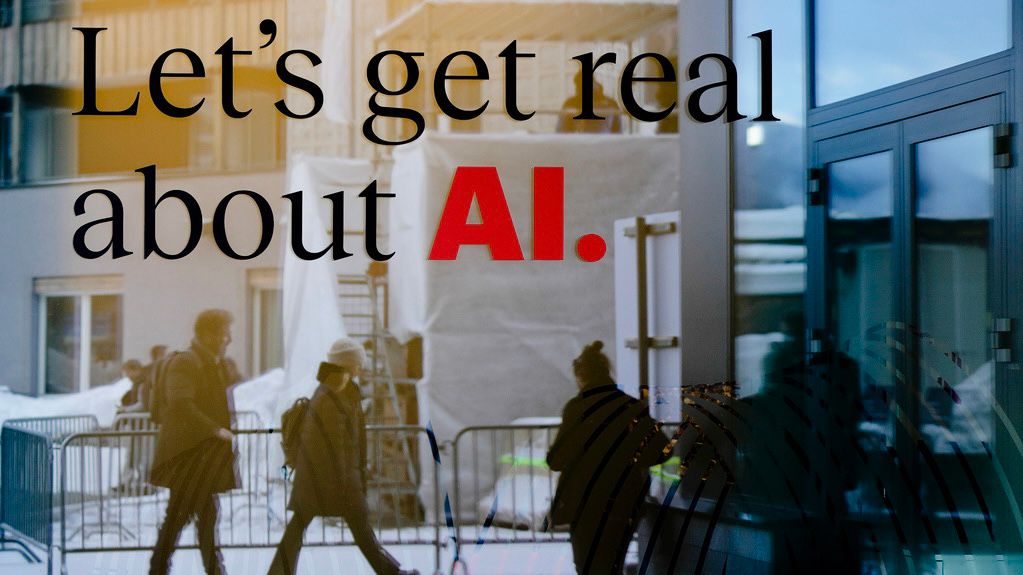The United Nations is warning that artificial intelligence could inequitably advantage some parts of the world and leave others behind without a global strategy for how to oversee it.
In a new report, the international peace and security organization said AI holds enormous potential for good but brings a multitude of risks.
“The accelerating development of AI concentrates power and wealth on a global scale, with geopolitical and geoeconomic implications,” the UN found in its Governing AI for Humanity report released Thursday.
Acknowledging that AI is a powerful tool with broad applications that can enhance scientific research and contribute to global sustainability goals, it also runs the risk of spreading disinformation, automating weapons and increasing energy consumption that exacerbates climate change, all of which compromise peace and security.
“The imperative of global governance is irrefutable,” according to the report.
AI enables machines to learn from the large amounts of data it is given, allowing computers to perform tasks ordinarily performed by humans. Such a system relies on critical minerals and training data that are globally sourced then disseminated across borders.
The UN pointed out that “no one currently understands all of AI’s inner workings enough to fully control its outputs or predict its evolution, nor are decision makers held accountable for developing, deploying or using systems they do not understand.”
The UN warned against allowing markets to have complete control over such an unpredictable technology that has enormous implications for every aspect of society.
The United Nations proposed the formation of new AI governance institutions that are equitably represented and coordinated among participating groups to develop rules for a technology that has no borders. The report pointed out that seven countries, including the United States, Germany, UK and Japan, were working together to coordinate principles to govern AI, but 118 were not included in those efforts.
“Only such an inclusive and comprehensive approach to Ai governance can address the multifaceted and evolving challenges and opportunities AI presents on a global scale, promoting international stability and equitable development,” the report said.
The UN established its AI Advisory Body in 2023 to analyze and propose recommendations about how to regulate artificial intelligence.
The global artificial intelligence market in 2024 is valued at $638 billion — a number that is expected to grow to $3,680.47 billion by 2034, according to Precedence Research.



